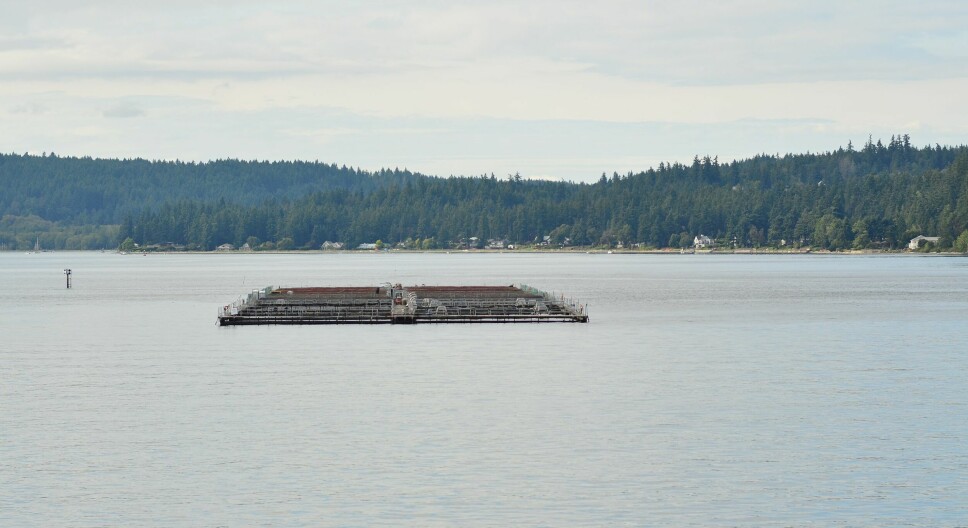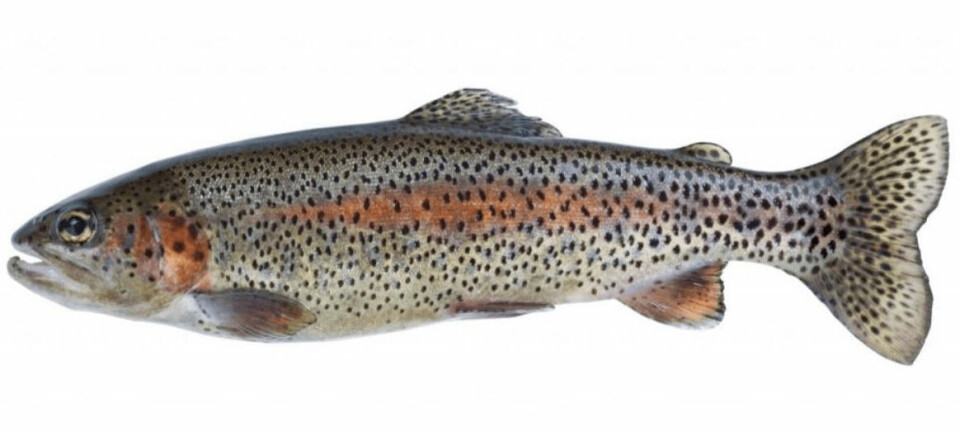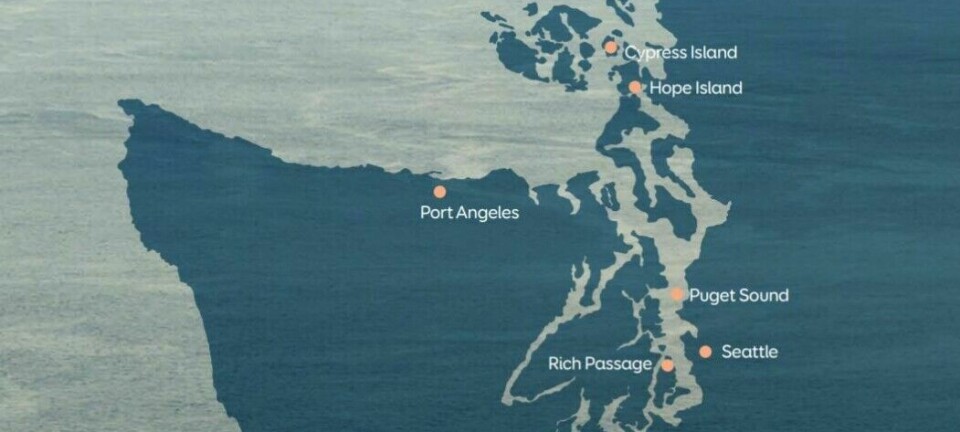
Seafood groups call for review of Puget Sound farm closures
Decision by Washington state “was just not based on science”
Three seafood trade groups in the United States have called for an independent review of Washington state’s refusal to renew aquatic land leases for two Cooke Aquaculture Pacific’s two remaining operational fish farms in Puget Sound.
The Northwest Aquaculture Alliance (NWAA), National Fisheries Institute (NFI), and National Aquaculture Association (NAA) want the decision by Washington’s Department of Natural Resources (DNR) examined by one or more third parties such as the University of Washington School of Aquatic and Fishery Sciences.
“This was not a decision based on science,” said NWAA president Jim Parsons, who is chief executive of tribally owned Jamestown Seafood.
“If that were the case, we would be seeing a very different decision. In terminating Cooke’s marine net pen leases, the DNR has ignored the best available science from NOAA (the National Oceanic and Atmospheric Administration), a state Supreme Court ruling, the Washington Department of Fish and Wildlife, and the Washington Department of Ecology … demonstrating that marine aquaculture does not harm endangered species or wild fish stocks.”
Devastating consequences
Parsons, who is a former general manager of Cooke Aquaculture Pacific, added: “The DNR decision will have devastating consequences for our rural communities where living-wage jobs are scarce, while at the same time taking healthy protein off American plates. This will result in a great loss to local economies and public health.”
NOAA recently issued a five-year strategic plan to develop a strong US aquaculture sector. The United States currently ranks 18th in the world in aquaculture production, according to NOAA.
“Washington state has apparently decided to ignore the enormous body of science that shows marine aquaculture, as it is practiced today, has a negligible impact on other fish species or on the environment,” Parsons said.
Destroying jobs
“We fail to understand why, at a time when we are beginning to see massive layoffs in the tech sector, a government agency would willingly and knowingly destroy a job-creating industry, one that in other regions has brought living-wage employment and economic development to hard-hit rural areas.
“Additionally, we find it puzzling that an agency whose mission is to protect our natural resources would target one of the most climate-friendly and environmentally beneficial food sectors. We are also at a loss to understand why DNR would choose to ignore the science that shows marine aquaculture to have a negligible impact on the water - particularly compared with other marine water users.”
Gavin Gibbons, vice president for communications at the National Fisheries Institute, said: “Aquaculture has the ability to sustainably and affordably increase the availability of the healthiest animal protein on the planet, while also producing jobs - an impressive combination.
“At a time when important efforts to grow the US aquaculture sector are under way, this decision is disappointing.”
No one benefits
Sebastian Belle, president of the National Aquaculture Association said the aquaculture community recognised the value and benefits of regulations to protect the public, environment and farming operations.
But he added: “In this instance where science is ignored, which is so very critical to achieving excellence in governance and finding a balance between man and nature, no one benefits. We strongly support an independent review by objective scientists and hope the citizens of Puget Sound will agree.”
DNR announced its decision on Monday and has given Cooke until December 14 to clear its sites in Rich Passage off Bainbridge Island and off Hope Island in Skagit Bay, where it grows steelhead trout.
'Natural habitat'
Washington’s public lands commissioner, Hilary Franz, said the refusal to renew leases meant the state was “returning our waters to wild fish and natural habitat”, and claimed the move was a critical step to support the state’s waters, fishermen, tribes, and native salmon.
Cooke said the actions by DNR’s leadership were “perplexing at best, and punitive at worst” and will force it to kill 332,000 juvenile steelhead destined for grow-out in the sites.
The Canadian company’s spokesman, Joel Richardson, said: “We intend to explore available options for our operations and investments in Washington with the best interest of our employees, and their families at top of mind.”
























































